
Regular Blood Donation May Improve Blood Cell Health and Reduce Cancer Risk
Regular Blood Donation May Improve Blood Cell Health and Reduce Cancer Risk
Donating blood is widely known as a generous act that saves lives. But did you know that frequent blood donation may also benefit your own health? A new study from the Francis Crick Institute in London suggests that men who donate blood regularly—over 100 times—are more likely to carry beneficial mutations in a gene called DNMT3A, which may lower their risk of developing blood cancers.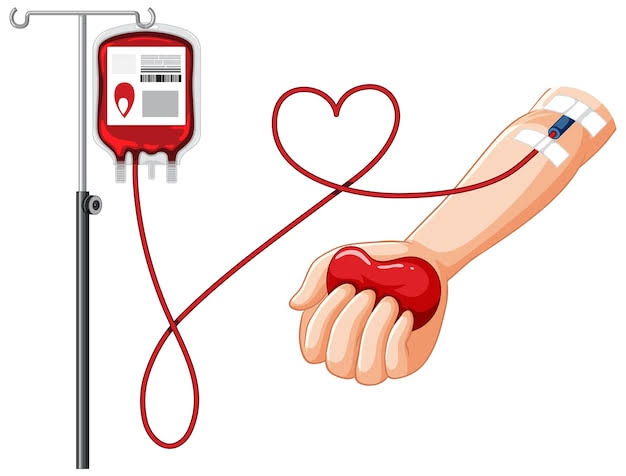
What Is DNMT3A and Why Is It Important?
The DNMT3A gene plays a key role in how blood stem cells develop. Mutations in this gene are often associated with leukemia and other blood disorders. However, the study found that certain mutations in DNMT3A, common among frequent blood donors, may actually promote healthier blood cell growth.
Researchers analyzed genetic data from 217 men aged 60 to 72, each of whom had donated blood more than 100 times. This group was compared to 212 men of similar age who had donated fewer than 10 times. The frequent donors were significantly more likely to carry these beneficial DNMT3A mutations.
Laboratory Tests Reveal Faster Blood Cell Growth
To better understand these findings, scientists conducted lab experiments with blood stem cells. They introduced a hormone called erythropoietin (EPO)—naturally produced by the body after blood loss—and observed how the cells reacted.
Cells carrying the "frequent donor" DNMT3A mutations grew 50% faster in the presence of EPO than cells without the mutation. This suggests that regular blood donation may stimulate the body to regenerate blood cells more efficiently, using the mutated DNMT3A to its advantage.
Possible Protective Effect Against Leukemia
Another compelling aspect of the research involved mixing the beneficially mutated cells with cells carrying mutations linked to leukemia. In this scenario, the "frequent donor" cells outperformed the leukemia-related cells, growing faster and producing red blood cells more effectively.
This result suggests that certain DNMT3A mutations may help suppress the growth of potentially cancerous cells, offering a form of natural protection against blood cancers in some individuals.
Important Considerations: Not Everyone Benefits Equally
While the findings are promising, scientists emphasize that further research is needed. The current study focused on a small, specific group—primarily older men of European descent—so results may not apply to everyone. Moreover, not all blood donors carry the DNMT3A mutation, and the health benefits may be limited to those who do.
Experts also stress that blood donation should still be primarily motivated by altruism, not personal health gain.
Conclusion
Regular blood donation could be more than a lifesaving act for others—it might also be a health boost for the donor. With new research suggesting a link between frequent donation, beneficial genetic mutations, and a reduced risk of blood cancer, the practice of donating blood regularly is gaining even more value.
If you're healthy and eligible, consider becoming a regular donor. It could save lives—and just maybe, benefit your own.
News in the same category

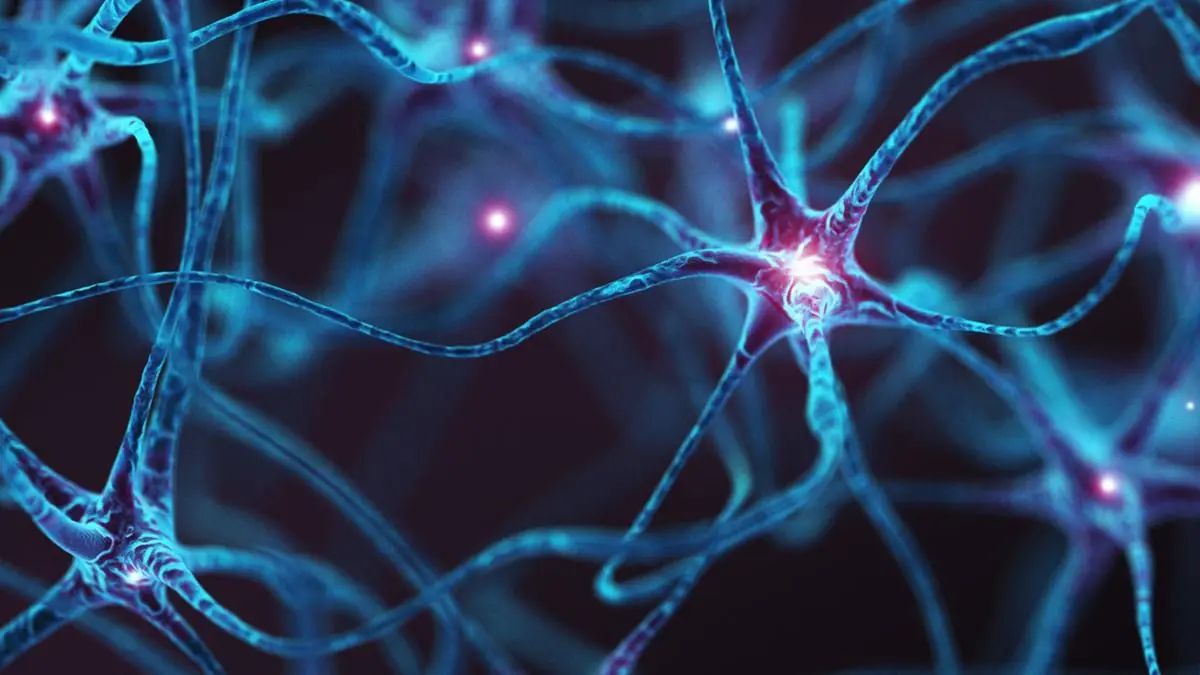
Skin Cells Can Send Electrical Signals to Help Heal Wounds – A New Discovery in Wound Healing

Simulation Reveals Shocking Truth About What Ozempic Does To Your Body After Injection

Vitamin B12 Deficiency Symptoms

5 Early Signs of Colon Cancer You Shouldn’t Ignore

4 Subtle Signs on Your Face That Could Signal Health Problems
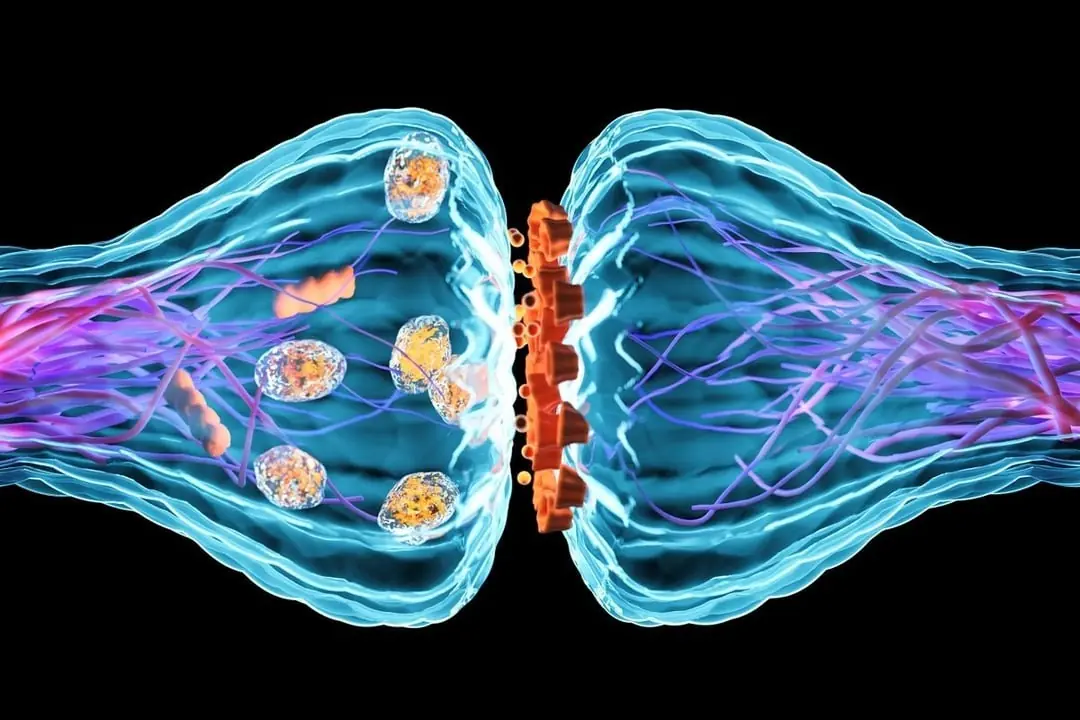
The Key to Everlasting Memories? Scientists discovered the "glue" that makes memories stick!

Listening to Music Literally Speeds Up Recovery from Surgery, Research Shows

A Common Drug Used in Tylenol, Excedrin, and More Was Just Linked to ADHD

Pulsatile Tinnitus: Why You Hear Your Heartbeat While Lying Down

Doctor's Warning To People Whose Fingers And Toes Change Color And Feel Numb In The Cold

Red Spots on Skin: 13 Common Causes

Vaping vs. Smoking: New Study Says Vapes May Be More Harmful

Study Explains How the First Born Child Is Often the Most Intelligent

What 20 Seconds of Hugging Can Do for You
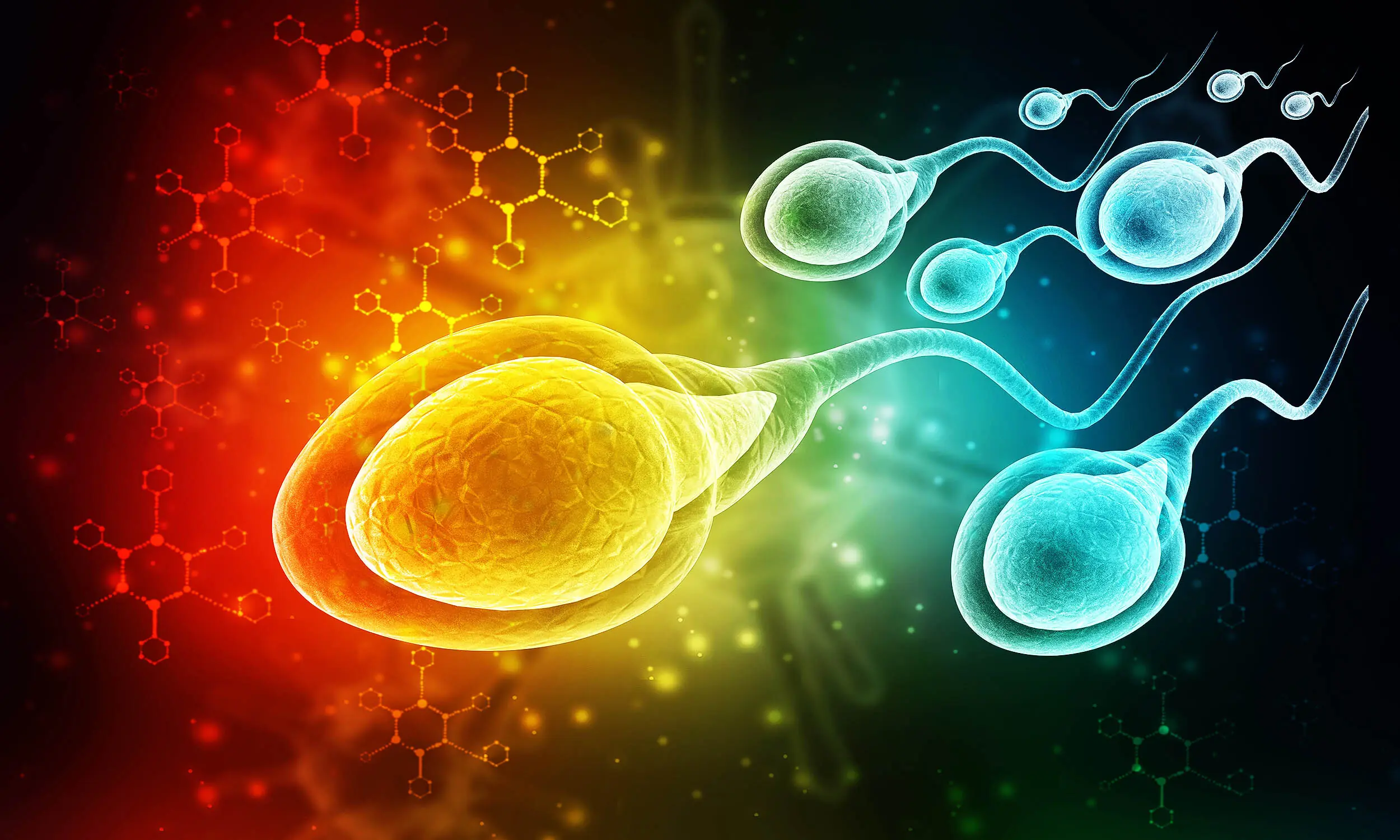
New Study Found Microplastics In Every Single Human Semen Sample

Unlock the Health Benefits of the Castor Bean Plant: A Natural Remedy for Wellness
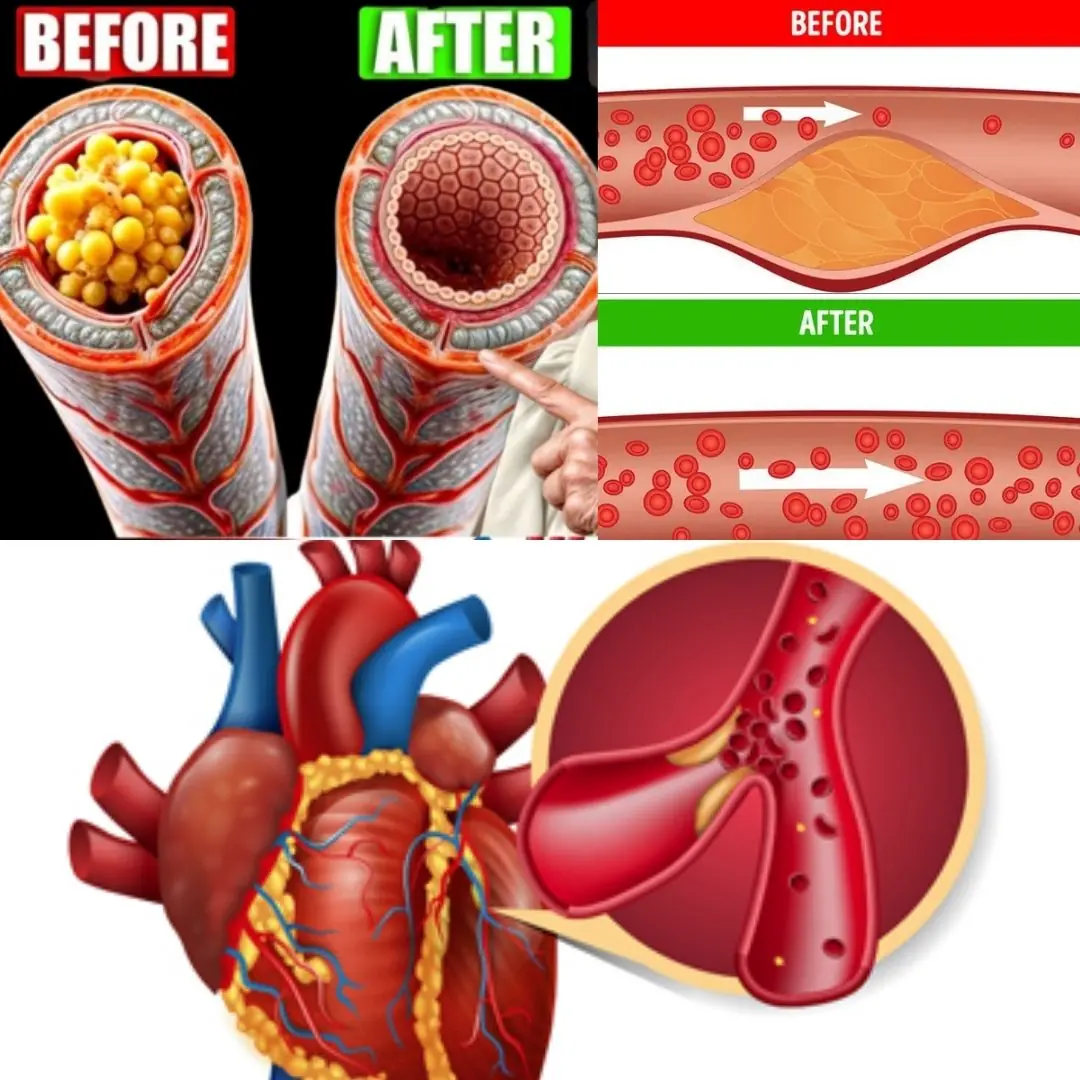
10 Vegetables That Are Good for Your Heart
News Post
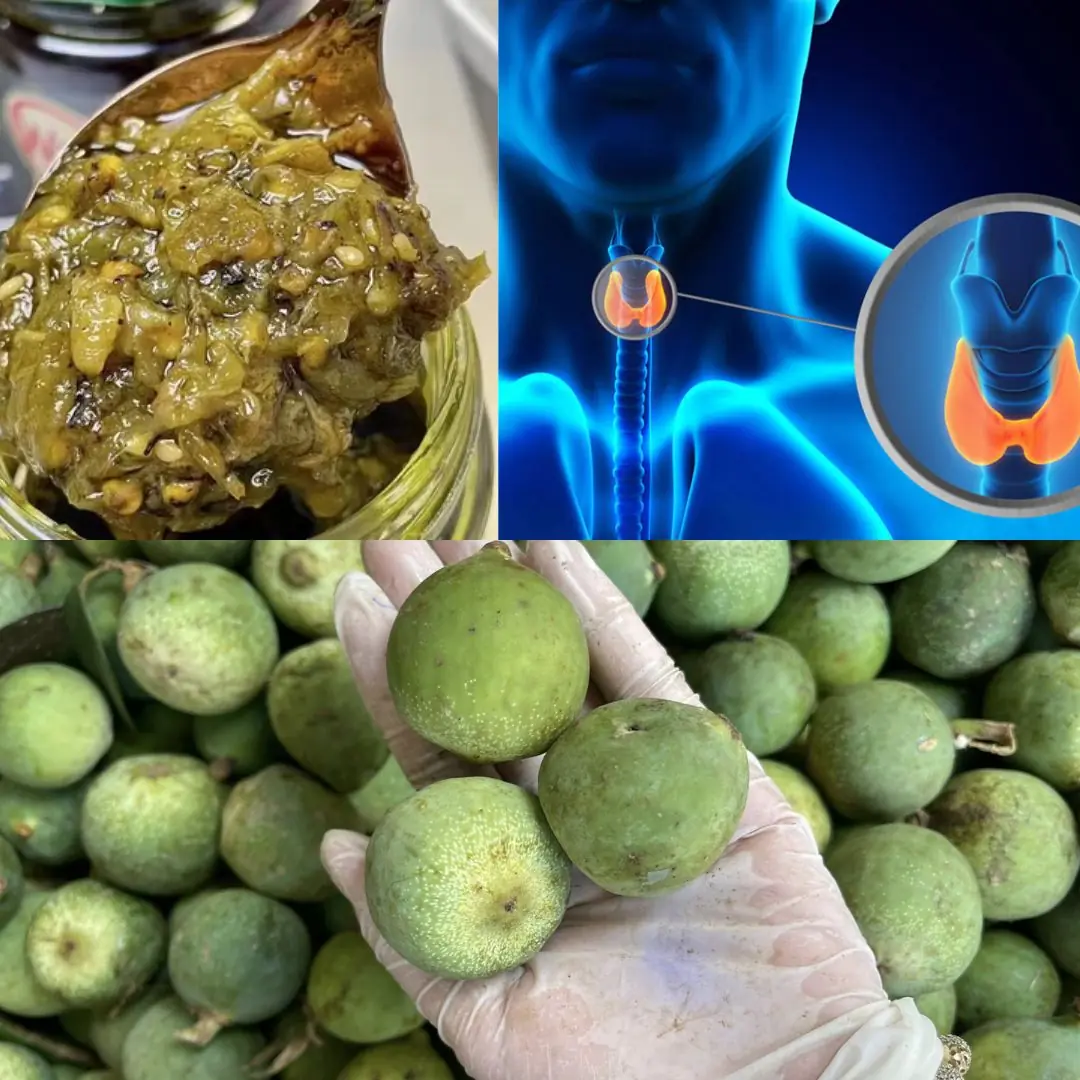
Health Benefits of Horseradish Leaves: A Nutrient-Packed, Overlooked Green

Too Much Salt? Here’s How It Quietly Destroys Your Health from Head to Toe

Skin Cells Can Send Electrical Signals to Help Heal Wounds – A New Discovery in Wound Healing

Disturbing simulation reveals what really happens to your body after injecting Ozempic

Simulation Reveals Shocking Truth About What Ozempic Does To Your Body After Injection

Vitamin B12 Deficiency Symptoms

5 Early Signs of Colon Cancer You Shouldn’t Ignore

4 Subtle Signs on Your Face That Could Signal Health Problems

Girls Visit Dad's Grave to 'Show' Their New Dresses as He Asked, See 2 Boxes with Their Names

Turns Out I Rented an Apartment to My Husband's Mistress, and Their Next Date There Was One I'll Never Forget

Neighbor Mocks Poor Woman for Filthy Look of Her House, Apologizes after She Sets Foot Inside

My Wife Kicked Me Out of the House Because of the Sudden Confession of My Director

My Son’s New Classmates Turned Him from a Straight-A Student into a Troublemaker — But I Didn’t Give Up on Him

After My Brother's Funeral, His Widow Gave Me a Letter – I Wasn't Ready for What He'd Confessed

The Key to Everlasting Memories? Scientists discovered the "glue" that makes memories stick!

Listening to Music Literally Speeds Up Recovery from Surgery, Research Shows

A Common Drug Used in Tylenol, Excedrin, and More Was Just Linked to ADHD

Pulsatile Tinnitus: Why You Hear Your Heartbeat While Lying Down
